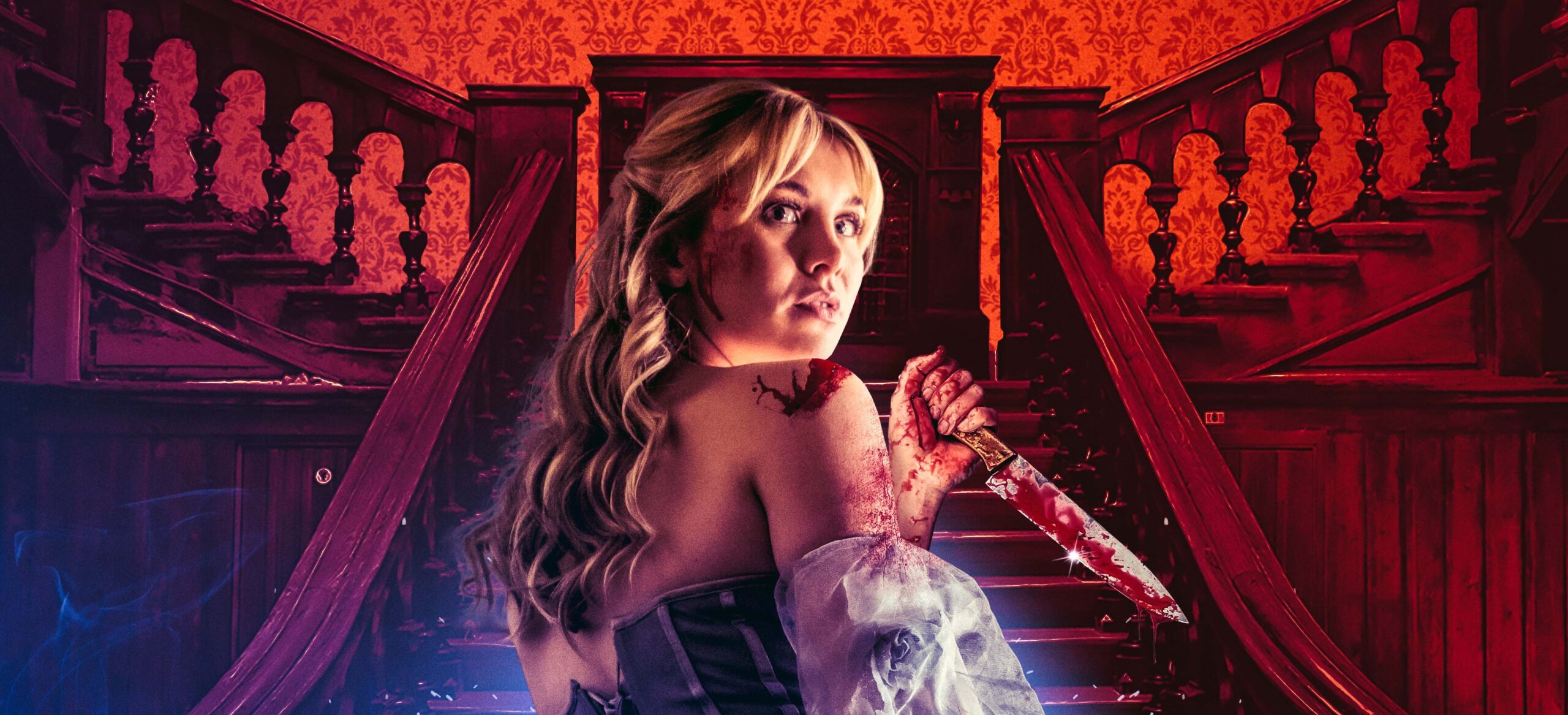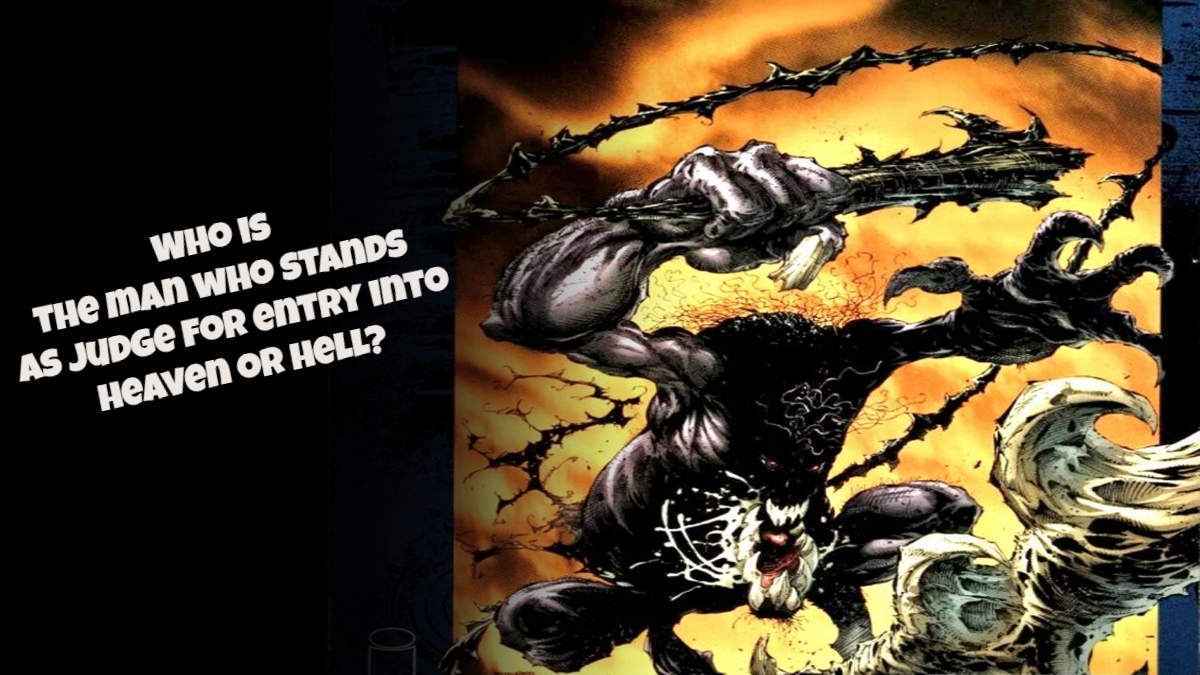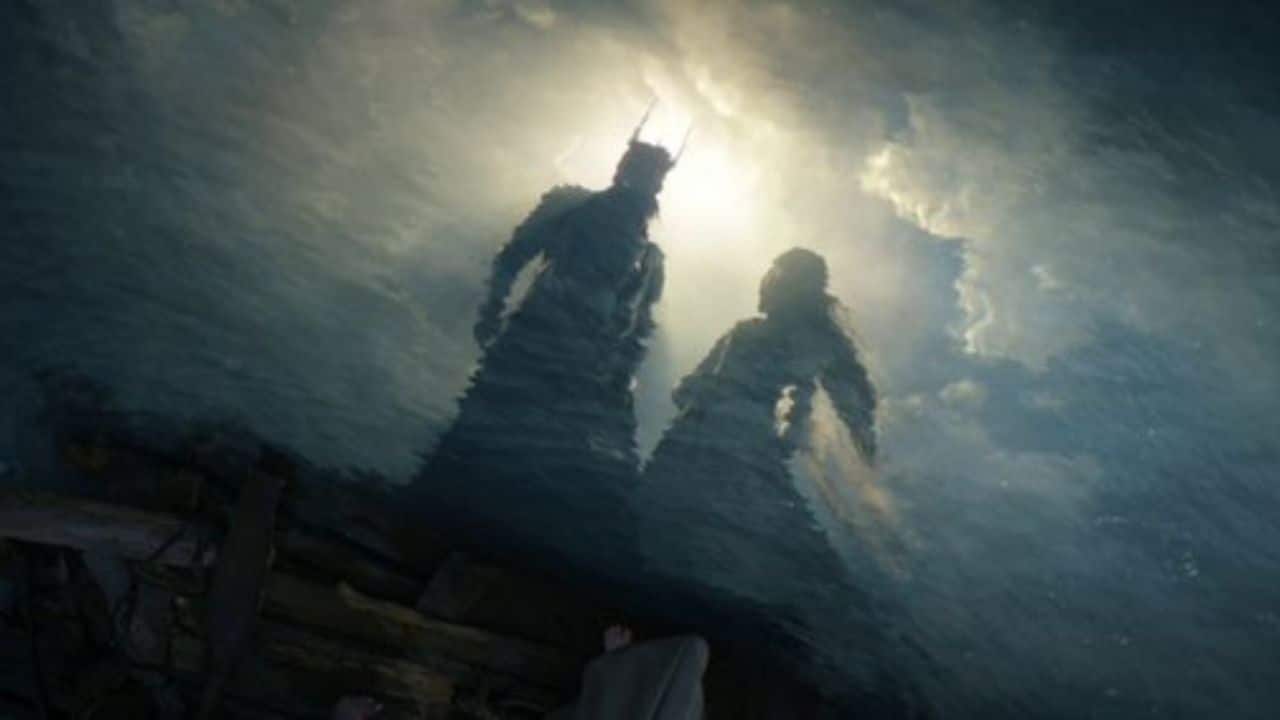![]() “Out of the Furnace†may be this generation’s movie that shows a family’s struggle from the ill effects of the Iraq war and the Great Recession.
“Out of the Furnace†may be this generation’s movie that shows a family’s struggle from the ill effects of the Iraq war and the Great Recession.
Director Scott Cooper’s powerful drama has an all-star cast that included Christian Bale, Woody Harrelson, Casey Affleck, Willem Dafoe, Forest Whitaker and Zoe Saldana. There’s no question the acting is nearly flawless with this cast.
The revenge film is about when a younger brother mysteriously disappears in the Appalachian Mountains after a bare knuckle fight. His older brother takes the matter into his own hands for justice.
Latino-Review was present at the press conference late last month to discuss about the film.
Questions asked from the press ranging from characters motivation, Braddock’s setting and the cast chemistry.
“Out of the Furnace†is currently released in theaters in New York and Los Angeles. It will be expanded nationwide tomorrow.
Read the full transcript of the press conference below:
There are amazing performances which are incomparable. I think you’ve outdone yourselves, especially you, Woody. What’s important in this film is not only the family values, but the importance of the generational family work ethic. By picking a location in steel country like Braddock, Pennsylvania, how did you go about picking that location for the script and setting? For the actors, how did it inform your performances being steeped in that history of our country?
Scott Cooper: Well, I grew up in a small town along the same Appalachian Mountains range. As a grandson of a coal miner, I have grown up with these people. I’ve spent a lot of time in small town America. While I was touring with my first film, “Crazy Heart,†I was reading a great deal about Braddock, Pennsylvania, or BRAD-DOCK as they say in Braddock. Â
What the town has undergone in the past five to seven years during the economic turmoil and loss of industry had really touched me. It’s really important to me really shine to life of small town America, but what we Americans have undergone in these past five years. That blue collar life is something that I understood and resonated with me. I thought it was very underrepresented in American cinema. It was very relevant during the 1970s, which very much influenced this movie and “Crazy Heart.â€
I wanted to see that represented on screen again. I knew these people very well with their morays and values. It was very important to weave all of those things into a narrative in a personal way.
Christian Bale: It helps so much being on location, if you understand what I mean. It’s like the difference between performing for the rectangle of the camera versus a world being created and then the camera finds things within that. There’s a huge difference in that, because what it takes away is performance. You don’t feel like performing. You’re just kind of doing it. You’re existing.
Casey Affleck: I think he summed it up pretty well. Especially in a place like where we were. There’s a real story just in the way that it looks to see a place that was once one thing and is now something else. It has a lot of atmosphere. If there’s a lighting set-up that takes 20 minutes, you can go into another room and you’re not just staring at the back of a bunch of plywood. You’re actually in another room in your own house where you’re supposed to be, and it helps to ground you and keep you.
Woody, would you like to comment on that too?
Woody Harrelson: I’d like to say ditto. [Laughter]
Zoe?
Zoe Saldana: You walk in with this fear, wanting to see something that you can imagine being so heavy, and what you learn and you take from it is the strength that you’re able to absorb from these people. It’s very easy to leave when things go wrong, but to stick around and to basically give life to a town, because of everything that it gave you generation after generation after generation. That to me is what defines a true American. It’s sticking together when it gets really rough. It is a town that has been hit very, very hard to an extent that I’ve been to places around the world that leave you with a big knot in your stomach and you feel like an elephant has just sat on your chest, and Braddock was definitely one of those cities. But once you sit down with the people, you kind of wish you had an ounce of the strength that they possess every single day by sticking around. That was something that I really was very moved by.
My question is to Woody, you were extremely intense, but at the same time you were cool and calm, which is a rare combination. Scary more than that. Did that come naturally to you or is that a technique that you’ve developed over the years?
Woody Harrelson: I think it’s important when you’re acting to be as relaxed as possible even if you’re doing something intense. You’re basically in a state of dynamic relaxation. I think that these other actors might agree with me. Did that answer your question?
Is that natural for you or did you have to develop that?
Woody Harrelson: I didn’t feel there was anything natural about playing Harlan DeGroat. (to Scott Cooper) What was it you told me when we finished?
Scott Cooper: The very last shot of the film was the very first scene that we shot at the drive-in. When we wrapped, Woody walkedover to me and he hugged me and he said, “I have never wanted to shed a character so badly in my life.â€Â [Laughter] And truly, for me, I wanted Woody’s character to represent the very worst of America and Christian’s character to represent the very best of America. I wanted that kind of dichotomy and hopefully we succeeded.
I just want to quickly say that as someone who’s had a very unremarkable career as an actor, if you feel like you have a little bit of talent as an actor, that once you see these four actors, and you see their work, and you see it on the other side of a lens, that you quickly realize there’s a difference between being very modestly talented and gifted as they are, and it’s a real treat to direct these actors, I have to say.
Christian Bale: But that being said, you need the right environment and he still creates that environment. It doesn’t matter.
Zoe Saldana: That’s true.
Zoe, your character is torn between these two guys. How did you wrap your head around being involved and loving both of these men? The scene on the bridge was really amazing.Â
Zoe Saldana: I think Lena has been torn by her life. She’s probably had a rough life. I needed to build that for her and to understand that. I had endless conversations with Scott and we came to that conclusion that she hasn’t had it easy. I needed to know why she just couldn’t stick by the person that she truly, truly loved and she went with somebody that worked in law that symbolically is going to keep her safe. It has to do with her inability to cope with danger and pain. And so, I think that being torn between two men that have been really good to her is small potatoes in comparison to the torture that she has to live with herself knowing that she just has to make decisions that are going to protect her physically.
For Mr. Cooper, with regard Christian Bale’s character, I thought it was interesting how Bale’s character in a couple of moments he was shown in church or a chapel. You often don’t see something casually [since] movies tend to shove [religion] down your throat. I thought it was interesting that this guy is going through some dark things. Was there any particular backstory? What made you have the character to be that way?
Scott Cooper: Well indeed, this is a man who as I was writing this character, I always thought of him as a very good man who is beset on all sides by a relentless fate. It was based on someone in my life who has suffered a great deal of tragedy and pain and loss, and who is one of the most positive people that I know, and is someone who has given me a great source of inspiration. That particular man’s faith has carried him through, whether he’s asking for absolution or for redemption or whatever it is that he’s asking for in those very quiet and personal moments. In these small communities throughout America, and I’m certain around the world, people all pray to different gods and they all look for different things when they go to houses of worship and spirituality. It was important for me to have Russell Baze ask for that type of spirituality and that faith as he’s certain that he’s doing things that are very morally questionable and things that have happened in his life that through twists of fate and circumstance have put him in the position he’s in. Thank you.
Scott, you talked earlier about what appealed to you about telling this story. I wondered if you could elaborate a little bit on what it was like to have the opportunity to bring it to life on the screen with such a talented group of actors?
Scott Cooper: Directors go their whole career without being able to tell personal stories and to work with a cast as talented as they are. I don’t even consider it work. I honestly and sincerely consider it a privilege to see the type of work and the preparation and the carethat these actors put into helping me realize my vision. There was no ego on the set. They were always questioning. They were taking a script that was decently written and elevating it in every way, and making me a better filmmaker, and making me really understand more about who I am as a person. After the modest success of my first film, I found it very daunting to have to live with that kind of burden of expectations. For someone who grew up with very little money and who had very little money after “Crazy Heart,†you can get tempted to make movies for the wrong reasons. And when you have two little girls who want you to make that movie, or need you to make that movie, you just can’t. You have to be very true to yourself and to your artistic world view. I chose to tell a personal story. When you tell a movie like this that’s as emotionally charged as this is—it’s a risk. Certainly, I could have taken a much less risky path after the success of my first film, but as one of my great cinematic heroes, Francis Coppola, would say, “If you aren’t taking the highest, greatest risk, then why are you a filmmaker?â€
Casey, as the veteran returning home from Iraq, I thought you gave a very raw, real performance particularly in the scene where you’re describing all the things that you had seen over there. Was there any special preparation that you did for that role?
Casey Affleck: Well, not anything special, but I did some preparation. That preparation starts just with reading the script over and over and trying to absorb it and then talking to Scott a lot about where he’s coming from because it’s not really a part of the movie. It doesn’t delve into too much which is good. And then, watching some documentaries and things like that. And then, talking to some veterans and just trying to piece together as much as you can what that experience might be like for somebody and for a lot of these guys. These guys now, in these wars, have done more tours than the average soldier in other wars just because it’s not a volunteer army and they’re careerists. They spend a lot of time over there with a constant level of anxiety and understanding what those symptoms are when they come back with some post-traumatic stress disorder. There’s the depression, the frustration, the alienation and feeling like people don’t want to hear what their experiences were and how lonely that could feel. And then, you have to forget about all that stuff and just be in the living room. Then there you are talking about cleaning the bedpan or something.
You just hope that all that stuff imbues whatever moment you’re in and not try to bring it to every little scene. It’s not to carry around your history in that way. It’s just sort of background noise and you hope that whatever research you’ve done bubbles up to the surface at the right time when you’re playing a scene that suddenly that it’s about beer and then suddenly you’re sharing some experience that you didn’t were planning on sharing. You’ve done the work and so you just hope at the right moment it clicks and makes sense.
For Casey and Christian, your scenes are amazing and it genuinely feels like there is a family relationship between you. Did you know each other before this? Did you do anything before the movie started to establish that [chemistry]?
Christian Bale: Not really. It just happened to me. I didn’t even know what had been going on. I’d been saying, “We want Casey for the role.â€Â There were a lot of conversations about that, and Scott and I just kept saying it, and eventually we were saying, “We’re not doing it without Casey.â€Â I didn’t actually meet Casey until we were doing that little camera test in Pittsburg just a couple of days before we started. (to Scott) All of the prison stuff was done in two days?
Scott Cooper:Â The very first two days.
Christian Bale: The very first two days of filming, we did all that prison sequence stuff. We had just gotten thrown into the deep end which was nice. No. That was it. It just happened. Casey’s a fucking great actor and he was wonderful to work off of and it just came good.
What about you, Casey?
Casey Affleck: We spent weeks and weeks together. [Laughter]
Christian Bale: I forgot all of that. I was just lying. It blasted off my head. No. I did. Sorry mate, I forgot that.
Casey Affleck: No. It was like you said, but I don’t know, sometimes it works. It’s awkward to say because he’s sitting right there, but I think he just makes everyone better around him and is an anchor of reality. If someone’s in a scene with you and they’re listening to what you say and they’re looking at you in that way, then you’re having a real conversation and they are real feelings and relationships. The whole thing feels a little bit more real in some way. I would have to attribute whatever apparent chemistry or relationship there is to that. And those first couple day in the prison, those were hard for me. It’s always hard to get right into something. I’m usually terrible the first week. On the very first day or two, we were doing those scenes and Christian was very patient. I did and said some things that just immediately made me trust him and then it just went smoothly from there.
Scott Cooper: What you see between these two actors isn’t something that you can learn in the Lee Strasbourg Institute or at Stella Adler. That is these two actors doing a great deal of investigative text work before. They won’t say that, but they’re also as talented as any two actors of my generation, simply put, and that’s not the type of thing that you as a director can really manufacture. They really are two actors that are at the very height of their skill level quite frankly.
I want to ask about the physicality in this movie. This is not a movie that has hero punches. Everything is very realistic and therefore a lot scarier. I’m wondering for the actors, is there an added level of trust that has to be there between you so that Woody could be as scary as he needed to be but Casey still felt safe like he was going to eat your face?
Woody Harrelson: I was worried about him eating my face. [Laughter] We were just talking about that before because I was saying that working with Casey is kind of like working with a wild animal. You really don’t know. Is he going to bite you? Do I want to be petted? [Laughter] It was a really great experience. And Christian is one of the greatest actors who ever lived. There’s a level of confidence in the actor you’re working with that really helps a lot. It makes all the difference.
“Out of the Furnace†is currently in theaters in New York and Los Angeles. It will open nationwide tomorrow.

 FOR FANBOYS, BY FANBOYS
Have you checked out LRM Online’s official podcasts and videos on The Genreverse Podcast Network? Available on YouTube and all your favorite podcast apps, This multimedia empire includes The Daily CoG, Breaking Geek Radio: The Podcast, GeekScholars Movie News, Anime-Versal Review Podcast, and our Star Wars dedicated podcast The Cantina. Check it out by listening on all your favorite podcast apps, or watching on YouTube!
Subscribe on: Apple Podcasts | Spotify | SoundCloud | Stitcher | Google Play
FOR FANBOYS, BY FANBOYS
Have you checked out LRM Online’s official podcasts and videos on The Genreverse Podcast Network? Available on YouTube and all your favorite podcast apps, This multimedia empire includes The Daily CoG, Breaking Geek Radio: The Podcast, GeekScholars Movie News, Anime-Versal Review Podcast, and our Star Wars dedicated podcast The Cantina. Check it out by listening on all your favorite podcast apps, or watching on YouTube!
Subscribe on: Apple Podcasts | Spotify | SoundCloud | Stitcher | Google Play



